Sight-Reading on the Piano Does Not
Have to Be So Difficult
And Here’s How to Make That Happen
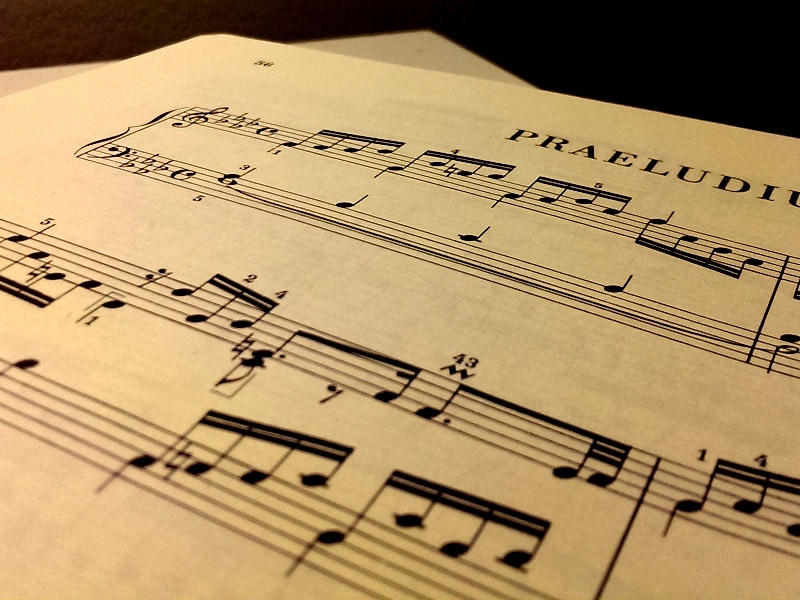
Hi, I'm Michael. I get paid money to sight-read music on the piano.
And I'll teach you what I know.
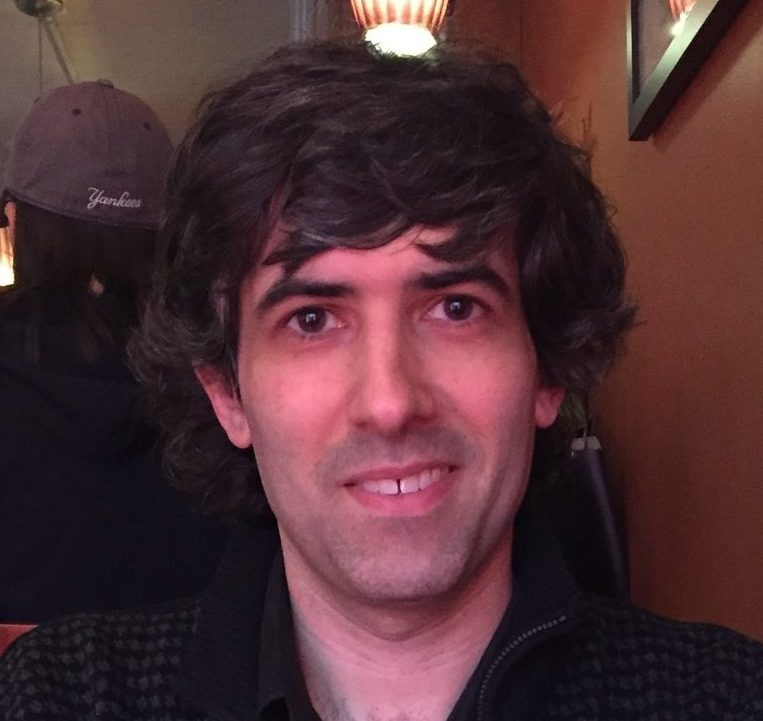
If Any Of This Sounds Familiar,
You Are Not Alone!
I know it seems really hard.
It takes you forever to figure out the fingering. How on earth can you play it right at first glance?
And in something like Bach? Absolutely impossible, right? Even an advanced musician with years of experience wouldn’t be able to play a Bach fugue at sight. Right?
So you try practicing slowly. Ramp up the speed. Yeah, it kinda works. But, you keep making mistakes. Keep ingraining bad fingering.
Your sight-reading doesn’t get any better, no matter how much you practice. Well, you don’t actually practice much, because it’s just too frustrating. How can you ever find the motivation to practice something that you feel this demoralized by?
(It’s not your fault, you know.)
There’s a lot going on in a music score. Notes, rhythms, dynamics, articulations…
So, you learn the left hand. And then the right hand. No problem, right?
But, try putting them together...a huge disaster. We’ve all been there.
You know you’re supposed to practice sight-reading every day. Just 30 minutes. Or, 15 minutes. Or, 10 minutes. Uh huh.
Your brain cramps up. Your hands cramp up. Different key signatures. Clefs. Voices. It is too overwhelming.
It takes you forever to learn a new piece. You need to memorize it just to learn it.
It doesn't have to be like this! Sight-reading seems like a "black art", but actually, anyone can learn to do it. You just need to approach it the right way. You don't have to waste your time struggling with this skill.
Common Sight-Reading Problems
How Many of These Resonate With You?
Impossible Fingering
You try your hardest not to make any mistakes in fingering. You know that every mistake will be ingrained forever and it will be impossible to change them later.
So, you play slowly, one note at a time, inching your way bit-by-bit through the piece.
What if you knew how to make yourself immune to badly-ingrained patterns? Imagine being able to read through a piece at a comfortable tempo. Imagine never having to worry that you are teaching yourself bad habits.
Speed Walls
You try to play correctly, but of course this makes it impossible to play fast enough. There’s just too much going on. You feel like you’re trying to run through a brick wall. You try ramping up the speed with a metronome, but the wall is still always there. And you certainly cannot play fast on the first try.
What if you could play at any speed? What would your life be like if you never felt any speed walls? Just try to imagine this. I’m serious. Close your eyes and imagine your practicing exactly as it is now, except you don’t feel like speed is an issue. Does that feel any different?
Overwhelming Complexity
There is too much on the page. Too many hands, clefs, etc. The more complex the music is, the harder it is to sight-read.
Imagine being able to play without getting overwhelmed. Like you’re just looking at the music from 10,000 feet away. You only see what’s important. Your body handles the rest by itself. It’s like reading a children’s book.
Random Rhythms
You try to count. You lose track of the beat. It just doesn’t seem to add up. You feel like you’re taking a math test, not making music.
Wouldn't it be great if rhythms were just obvious? Like speaking. Like walking. You don’t count your steps, or the syllables in your words. It just happens, with a natural rhythm. What would your playing be like if this is how it worked? What would it sound like? You know the composer put that information in the score. What if you could really, easily, simply just read it?
Motivation Mayhem
This is a big one. You know you should be practicing your sight-reading, but you just can’t find the time. You try to force yourself to do it, but...come on…
What would it be like if practicing sight-reading weren’t a chore? If you felt like you were actually getting real work done? Imagine being able to sit down and just play. Would you even need motivation at all?
Out-of-Control Eyes
Things go fine until you’re anxious. Then, you can’t focus on the music. You lose your place in the score. While you’re so focused on the score, you realize that you’ve lost your place on the keyboard.
Try to picture what it would be like if you could pay attention to both the score and your hands at the same time. If your eyes could be at exactly the right place at the right time. If you knew where your hands were at all times. If you could take your eyes off the score for a second, and then put them back at exactly the right place. How much easier would this feel?
Dependence on the Teacher
You practice and practice at home, but you’re never quite sure if you’re doing it right. You don’t know until you have your teacher listen to you and make corrections. Sometimes you wonder why even bother practicing at home, if it’s just going to be corrected anyway…
Wouldn’t it be great if you knew how to make those corrections yourself? If you could predict where the problems were going to be, and how to fix them? And when you did play for your teacher, if their comments weren’t just a long list of surprises? You know, so you could actually work on music in your lesson?
Trust Trouble
You know how to play correctly, but it just doesn’t happen. You want to just let go and play. BUT...you have to pay such close attention to everything, and make sure that nothing gets messed up. You can’t just trust your hands to do what you know they’re supposed to do.
Imagine being able to trust yourself. Being able to train your hands to become trustworthy. How would playing be if you didn’t have to babysit everything all the time?
These Problems Are WAY TOO COMMON
But, is this why you started learning music?
So you could suffer with these types of problems?
I didn't think so.
Really, take some time to imagine what it would be like if you could honestly say "I am a good sight-reader."
Despite Everything You've Tried,
Sight-Reading is Still Too Hard!
None of this is your fault. You are doing all the standard stuff that everyone always told you to do. It seems very obvious to do it that way. The problem is that it just doesn’t seem to be working.
So, why not?
Why hasn’t it worked for you?
The Missing Ingredient
Let me offer an alternative approach. A mindfulness approach.
Modern piano teaching still has not incorporated the ideas of mindfulness. And musicians like you are suffering as a result.
Mindfulness is more popular now than it has ever been. How many piano teachers do you know who teach in this way?

Google searches for ‘mindfulness’ Data source: Google Trends (https://www.google.com/trends).
Presenting...
"Mindful Sight-Reading"
I am currently developing a new online course to teach sight-reading mastery.
Included in the course:
- 1Video lessons
- 2Practical exercises
- 3Live sessions
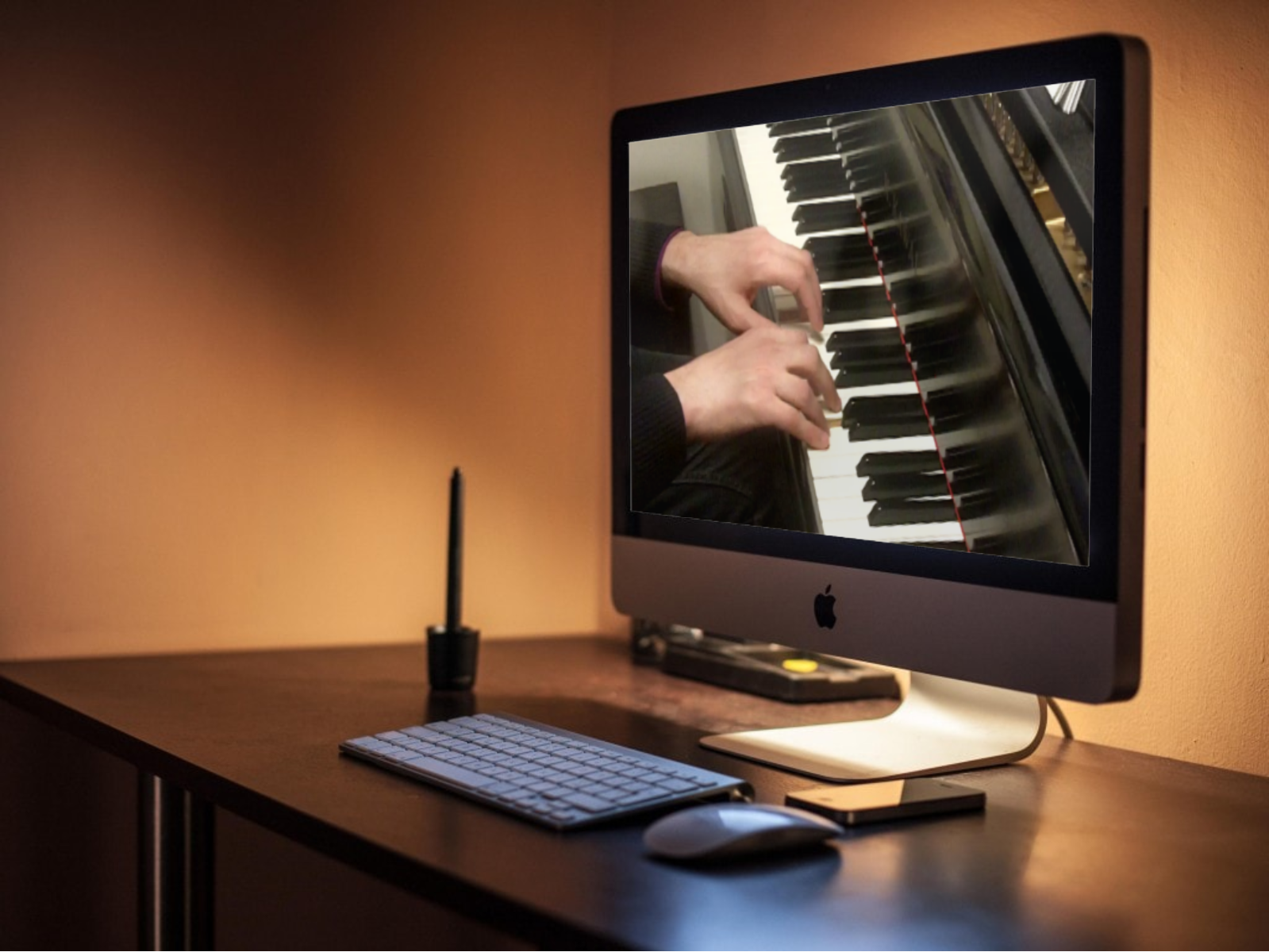
Sign Up Now For the Early-Bird Pricing!
For a LIMITED TIME, I am offering you a 50% discount on the course. The course is not yet released, but when it is, the price will be higher. All you have to do to reserve your "early-bird price" is click on the SIGN UP NOW button below.
Sign up now to reserve your price of $197 $99
(plus applicable taxes)
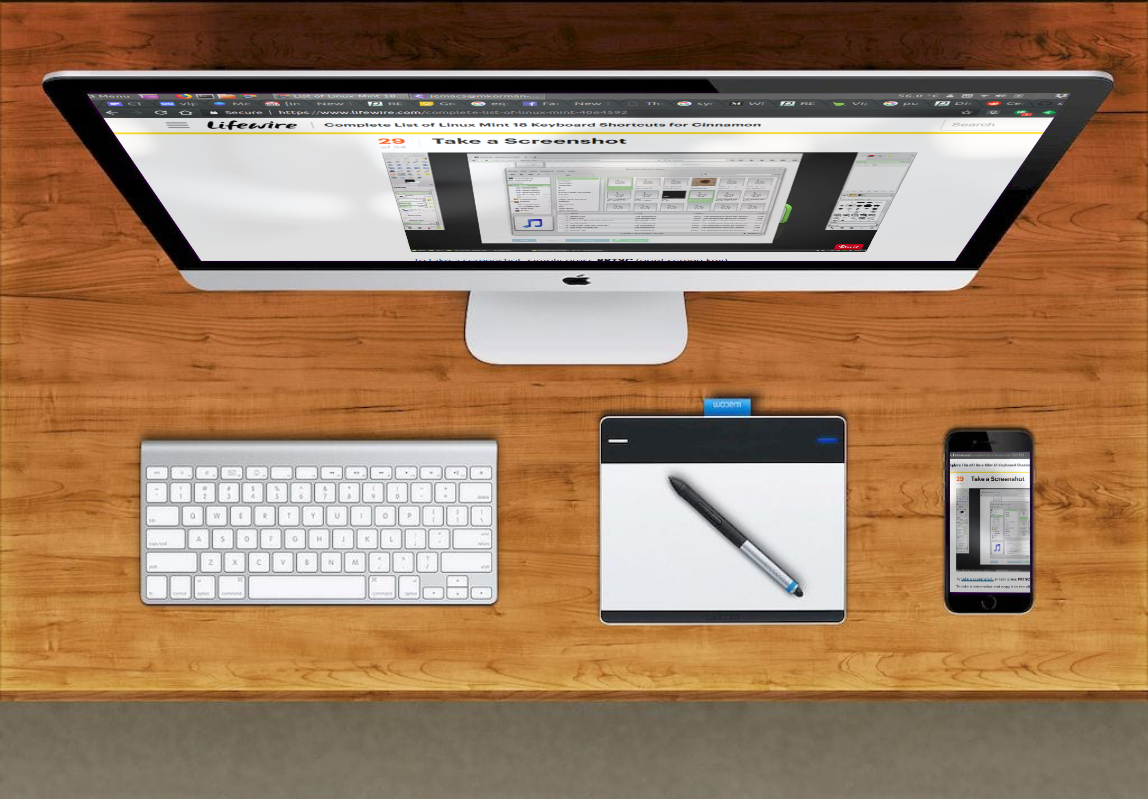

Michael Korman
Creator of Mindful Sight-Reading
About the Author
Michael Korman plays the piano. Over the past few years, he has been working on a different approach to learning music, with a focus on mindfulness and personal values. His current project is developing ways to share this message with the rest of the world.
WARNING!
This Course is NOT...
"But Michael..."
Maybe you’re wondering: Don't I need a real, live teacher to learn music? How can I learn from an online course?
You’re right, you can’t learn from an online course. But also, you can’t learn from a teacher either. You learn by putting in the work and experiencing the results. Don’t let music teachers convince you that they alone have the one key that you need. You have more power than you realize.
Perhaps you think this course is too expensive.
Yes, it’s a lot of money. But, how many piano lessons is that the equal to? How many lessons have you taken where you have said “Yes! That was absolutely worth the $50/$60/$100/$200 that I spent!”? I do not want to waste your money. I want you to get real value from this course.
“It's just going to be too much work....”
Yep, it will be a ton of work. This is how you improve. If you’re content with what you’re doing right now, and the level of progress you’re making right now, keep doing it. I assume that if you’re interested in a course like this, you're OK with doing work, and improving as a result.
Maybe you think you're not talented enough.
So...it won’t be worth the effort, right?
Listen: those who are “talented” at sight-reading got that way because they are doing the right things. You can learn to do those things too. You just need somebody to show you how to get started.
Do you think you're too much of a control freak to get better at sight-reading?
It means you have high standards. There’s nothing wrong with that. But you can learn to relax your control, and I will show you how.
"Mindfulness sounds like
new-age nonsense"
Look, put aside your prejudices for a moment and try something new. I’m a skeptic, too. I would never ask you to take anything on “faith”. I am offering you a new way of looking at things. I’m hoping you’ll learn something you’ve never noticed before. Take what works and use it, and throw out the rest.
Advantages vs Disadvantages
Who This is For:
Who This is NOT For:
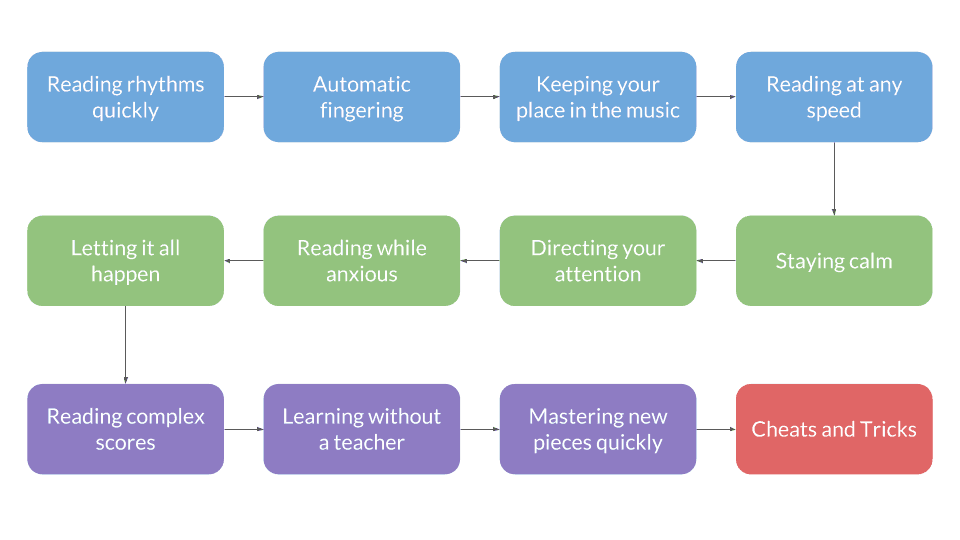
The map of the Mindful Sight-Reading course.
What You Get
Sign up NOW to reserve your price of $197 $99
(plus applicable taxes)
(There's no obligation to buy now. But, you must sign up NOW to reserve your price.)

100% Satisfaction Guarantee
You are fully protected by our 100% Satisfaction-Guarantee. If you don't find that your sight-reading has significantly improved within 30 days after purchasing the course, just let us know and we'll send you a prompt refund.
Michael
Frequently Asked Questions
What instruments is this for?
P.S.: This is a special price which will not last forever. Once the course is released for real, the price will increase, and you will lose this opportunity to take advantage of the early-bird price.
There is no commitment. Sign up now and reserve your price.
Copyright 2019 Michael Korman